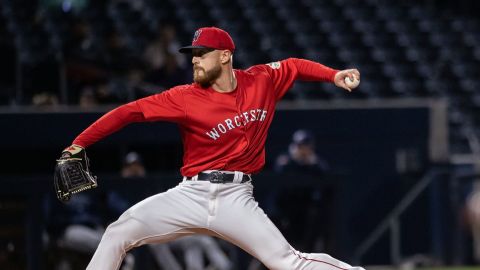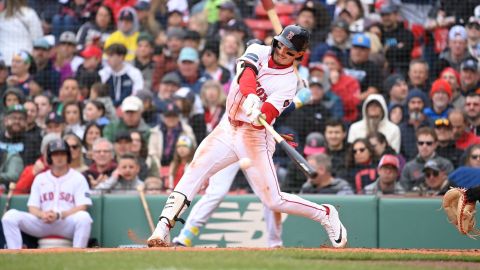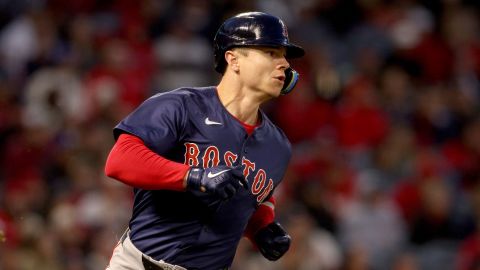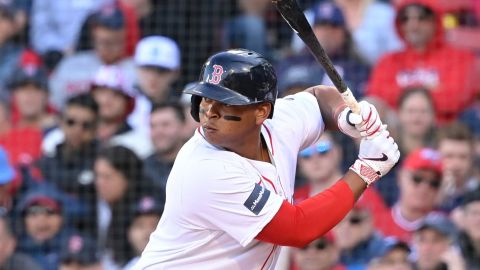LAKE BUENA VISTA, Fla. — When the Red Sox agreed in principle for the trade that landed Adrian Gonzalez, it essentially kicked off the flurry which surrounds the winter meetings each year. It also is one of the best representations as to what power at the plate is doing to teams this offseason.
Sluggers who can play some defense, a la Gonzalez, are at a premium this winter. Boston’s new first baseman is just one example of the growing trend. The seven-year, $126-million deal given to Jayson Werth is another. Third baseman Mark Reynolds was prioritized by Baltimore, who traded for the guy who hit .198 last year while walloping 32 homers and playing a pretty good third base. Carlos Pena received $10 million from the Cubs despite hitting .196, still showcasing solid D and a powerful bat.
Adam Dunn and Victor Martinez, two guys not known for their defense but at least able to hit homers, both got contracts of at least $50 million before the meetings began.
There are two primary causes for the trend. One, the available starting pitching is lean after Cliff Lee. There are not many teams looking to sign or trade for a big-name pitcher.
Two, according to the guy representing one of the good-glove, power-bat threats remaining on the market (Adrian Beltre), the available information on defense has transformed the process.
"The one thing that I hear, anyone in this game who is going to hit 25 home runs and play defense, you have extreme value," said agent Scott Boras on Wednesday at the winter meetings. "It’s what I call new value because the game has arisen, the metrics of it are different than they were five years ago."
At the forefront of those available value systems are range factors and run correlations for defenders. Positive marks in that area can make batting averages that fail to reach the "Mendoza Line" much less of an issue.
Boras said general managers are finding good-fielding power hitters fewer and far between, another factor in the price hikes.
"I think in the past, there was an incredible supply out there, and now there is a lot less reliability in the ability to have an .800 OPS [and] the ability to drive in runs and play defense, have power," Boras said.
Boras said the value of guys like Gonzalez can go through the roof on the trade front. Boston gave up three top prospects and will pay Gonzalez close to $160 million when it's all said and done. That double-hit is a telling tale.
"The rarity of the Gonzalez situation for me illustrates the value of the slugger," Boras said. "In this marketplace, the value of sluggers is so great that the certainty of acquiring a player required a team to give up players and pay the money for him. What you see happening, it illustrates the value of sluggers, because that’s not happened before."
Gonzalez, of course, was acquired in a trade. Beltre figures to become rather rich when he finds a new home in a place that covets his exceptional glove and ability to hit 25 homers. Boras said there is a "very busy market" for Adrian. If the agent's view of that market is correct, and it usually is (he was the one who got Werth his deal), Beltre could make even more than anticipated.
This could be the usual case of Boras pumping up his clients' value, but with each major move made for that kind of player, the theory makes sense.



